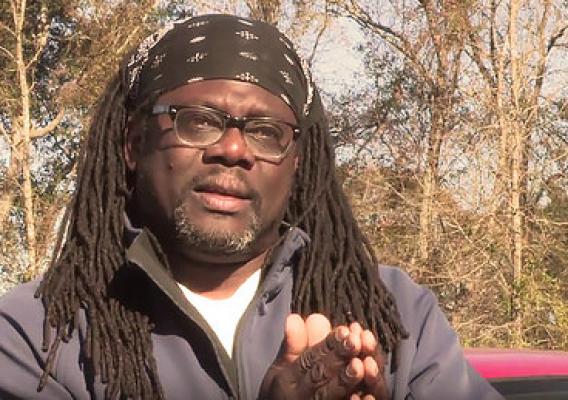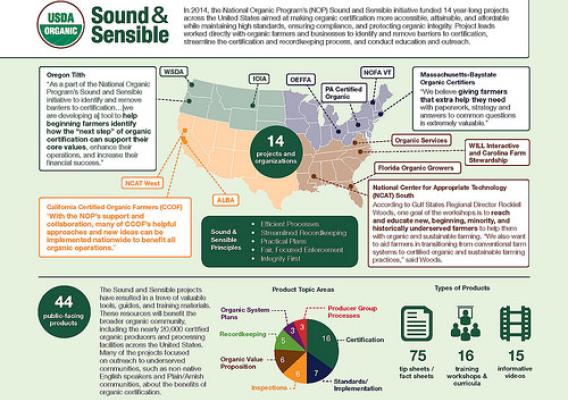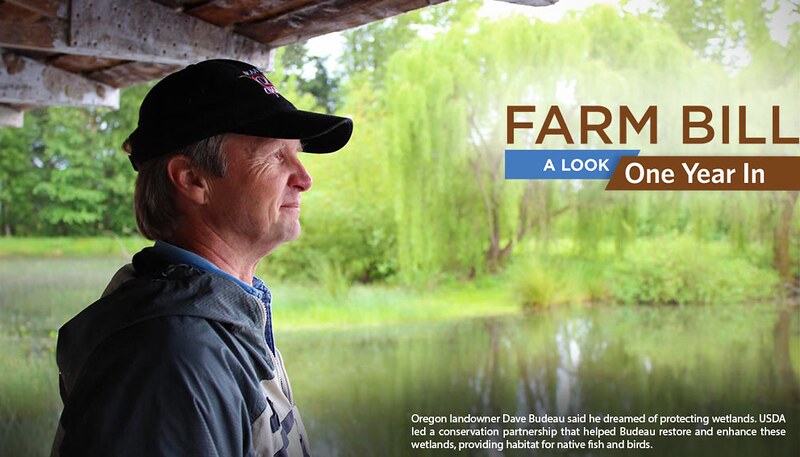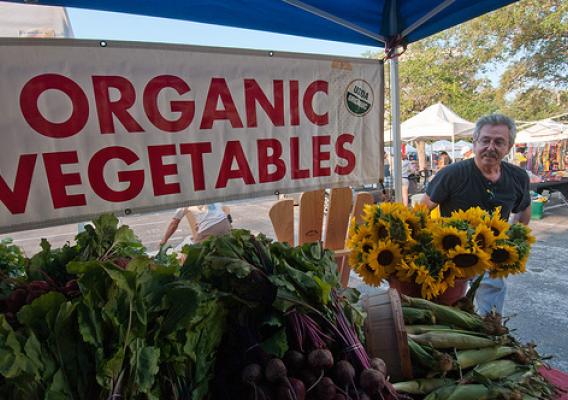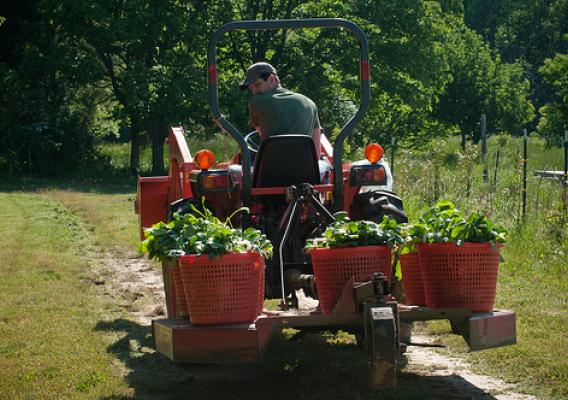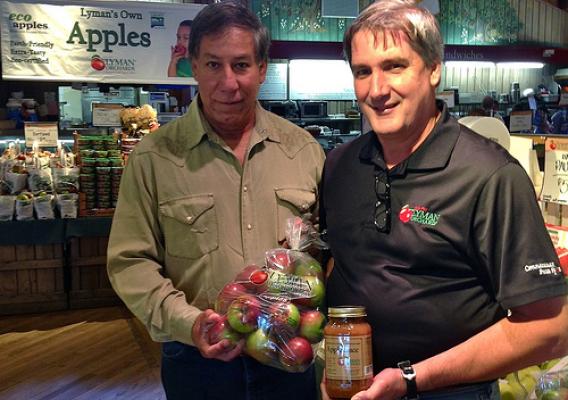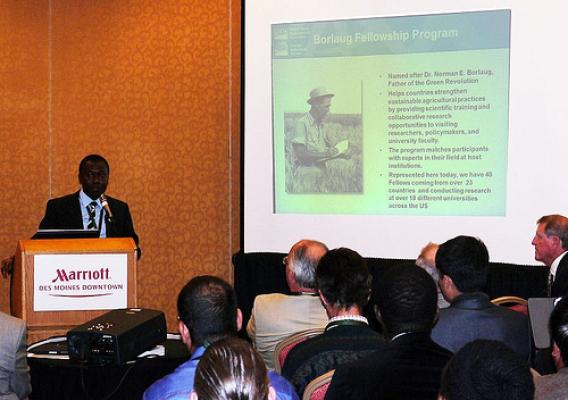A life of farming—whether you grow up in it or are called to it later in life—takes a special kind of commitment and sense of responsibility. The reward is just as unique and appeals only to a handful of people who are willing to literally roll up their sleeves and work hard at a physically- and mentally-challenging job every day of the year. To me, there’s just something special about a profession where the fruits of your labor provide one of life’s most essential elements–food.
But that’s not where their contributions stop. Our nation’s farmers and ranchers strengthen our economy, with nearly one out of 12 jobs in the U.S. coming from agriculture.
Over the last year, I had the opportunity to visit and speak to farmers and ranchers across the country. During these visits, I get a chance to see first-hand how connected they are to their communities and the differences they make for the folks that live and work with them. And I also get to answer their questions directly, to hear the challenges they face and the help they could use. Inevitably, conversation turns to the Food, Farm, and Jobs Bill and what that legislation would mean to each of the farmers, ranchers, businesses and schools that depend on it.

